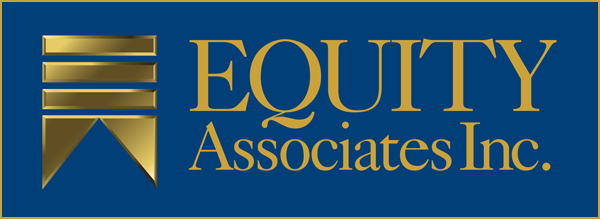A Tax-Free Savings Account (TFSA) is a wonderful account for growing your money faster, as there is no tax assessed on earned interest, dividends or capital gains – not even when you withdraw funds, which you can do at any time for any reason, tax free!
Any Canadian resident, with a Social Insurance Number, who is at least 18 years of age, can open a TFSA.
Money in your TFSA can be invested in a variety of options, such as cash, GICs, bonds, stocks, mutual funds, and managed portfolios.
For 2025 the maximum contribution increased to $7,000. If you have never contributed to a TFSA, but qualified to do so in 2009, the year TFSAs were introduced, your unused contribution room, up to and including 2025, is $102,000.
Canada Revenue Agency (CRA) calculates and tracks your contribution room annually. You can access this information online through the My Account function on the Canada Revenue Agency website, or by calling the Tax Information Phone Service (TIPS) at 1-800-267-6999.
If you don’t contribute your full allowable amount, don’t worry, your unused portion automatically carries forward and you can add that amount to your contribution room in future years. CRA will track this for you.
You can withdraw money from your TFSA any time, for any reason, such as vacations, buying a house, paying for your child’s education, retirement income, and leaving an estate gift, tax free.
Money withdrawn from your TFSA is added to your contribution room and can be recontributed the following year. There is no limit to the number of years your unused contribution room can be carried forward.
Please be careful not to over contribute to your TFSA; you will have to pay a 1% tax penalty each month the excess remains in your TFSA.
When the holder of a TFSA dies the market value of the TFSA is considered to be received by the holder tax-free. The holder had the choice of naming either a successor holder, or a beneficiary, or no one.
The successor holder can only be your surviving spouse or common-law partner. If you name a successor holder they become the new TFSA owner, and the TFSA continues growing tax-free.
If you name someone other than your spouse as your TFSA beneficiary they will receive the fair market value of your TFSA tax free.
Simply put, a beneficiary gets the money, while a successor holder gets the account.
If you don’t name a successor holder or beneficiary, the TFSA property will go to your estate tax-free, may be subject to probate fees, and will be distributed in accordance with the terms of your will.
We can help. Call upon us to assist you in developing a TFSA strategy that’s right for you.

